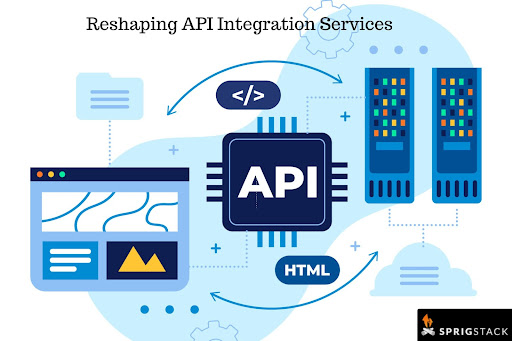How to Avoid Common Web Development Mistakes

Innovative technologies and best practices are often introduced in the field of web development, which is dynamic and continually changing. Despite these improvements, developers are still prone to making simple errors that have a negative influence on a website’s operation, performance, and security. This blog will examine some of the most typical web development errors and offer helpful advice on how to prevent them.
Insufficient Planning
Inadequate planning is one of the most prevalent errors in web development. A website with bad architecture and inefficient code can be produced by hastily starting to code. Spend enough time in the planning stage to prevent this. Establish a clear roadmap, specify the technologies and frameworks that will best serve the project’s goals, and explain the requirements for the project in detail. A well-thought-out strategy will speed up development and lessen the possibility of mistakes and revisions.
Ignoring Responsive Design
Ignoring responsive design might be a serious error given the rising use of mobile devices. Insufficient website optimization can result in a worse user experience, less traffic, and lower search engine results for your website across a range of screen sizes and devices. To make sure your website appears and functions effectively on all platforms, adopt a mobile-first strategy and use responsive design strategies.
Not Testing Across Multiple Browsers
Each web browser has its own unique way of interpreting code, so what functions flawlessly in one browser might not in another. When cross-browser testing is neglected, consumers may experience compatibility problems. Test your website frequently on common browsers like Chrome, Firefox, Safari, and Edge to prevent this. Use internet testing services and browser developer tools to efficiently locate and fix compatibility issues.
Overlooking Website Security
Every web developer should place the highest focus on website security. If you don’t take the necessary precautions, your website may be open to virus assaults, data leaks, and hacking efforts. Always code securely, keep plugins and libraries up to date, and utilize HTTPS to encrypt data transport. Regular vulnerability assessments and security audits can help find possible flaws before they become serious problems.
Using Poorly Written Code
Code that is clear and easy to maintain is essential for web development. Using badly written code might result in problems, sluggish performance, and troublesome maintenance in the future. Use sensible variable names, annotate your code, and adhere to best practices and standards for programming. Using a version control programme like Git may improve teamwork and make it simpler to undo changes if necessary.
Neglecting SEO Optimization
User experience and search engine rankings are both directly impacted by website performance. High bounce rates and unsatisfied visitors might result from slow-loading pages. To improve website speed, optimize pictures, take advantage of content delivery networks (CDNs), and reduce HTTP requests. Utilise tools like Google PageSpeed Insights to regularly check the speed of your website and make any required adjustments.
Skipping Regular Backups
It’s unsafe to stop doing regular backups. Without adequate backups, hardware malfunctions, hacking events, or unintentional deletions might cause your website to lose important data. Plan automatic backups, keep them offshore, and employ cloud backup services to keep them safe. You may easily return your website to its prior condition in the event of any unforeseen circumstances.
Neglecting Performance Optimization
The user experience and search engine rankings of a website are directly impacted by its performance. High bounce rates and unhappy users may be the results of slow-loading pages. Enhance website performance by optimizing graphics, utilizing content delivery networks (CDNs), and reducing HTTP requests. Make the required adjustments after routinely monitoring your website’s performance using tools like Google PageSpeed Insights.
Overlooking Accessibility
Building an accessible website is not only morally right but it is frequently mandated by law in many places. Making your website inaccessible to persons with impairments might result in discrimination claims and harm your brand. To make sure that everyone, regardless of ability, can use your website, follow the web content accessibility rules (WCAG).
Not Paying Attention to Analytics
Web analytics give insightful information about how users behave and how well websites work. Analytics neglect results in missed possibilities for development. Track user interaction, traffic sources, and conversion rates with programmes like Google Analytics. Analyze the data to find trends and potential improvement areas. You may increase the efficacy of your website by making educated judgments by routinely reviewing analytics.
Conclusion
It takes careful planning, close attention to detail, and continual awareness to avoid typical web development errors. You may build a strong and user-friendly website by implementing best practices including responsive design, security measures, and performance optimization. Additionally, keeping up with the most recent web development trends and technology will enable you to provide cutting-edge solutions. It’s important to keep in mind that becoming a good web developer requires you to learn from your errors and continually improve your development process.




